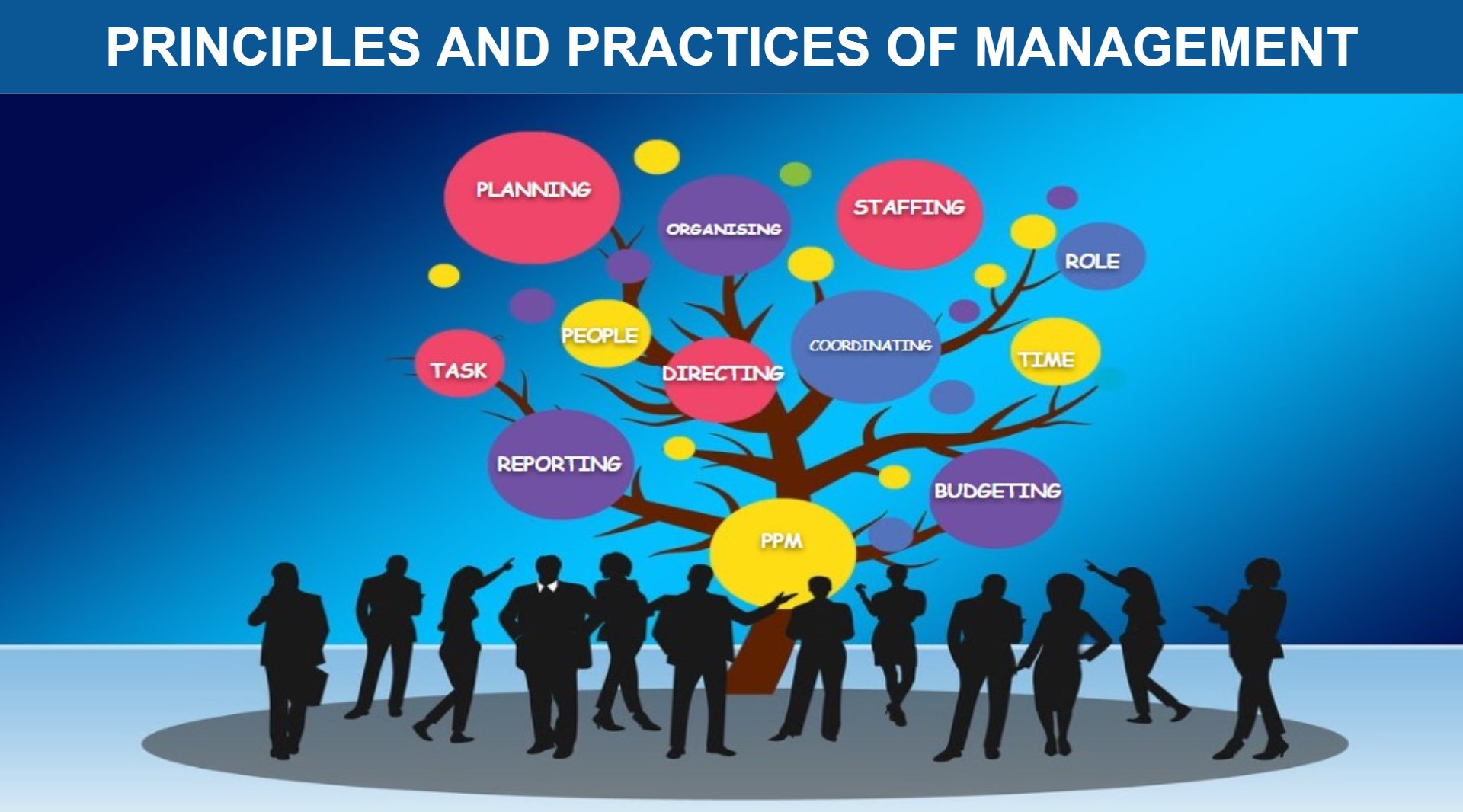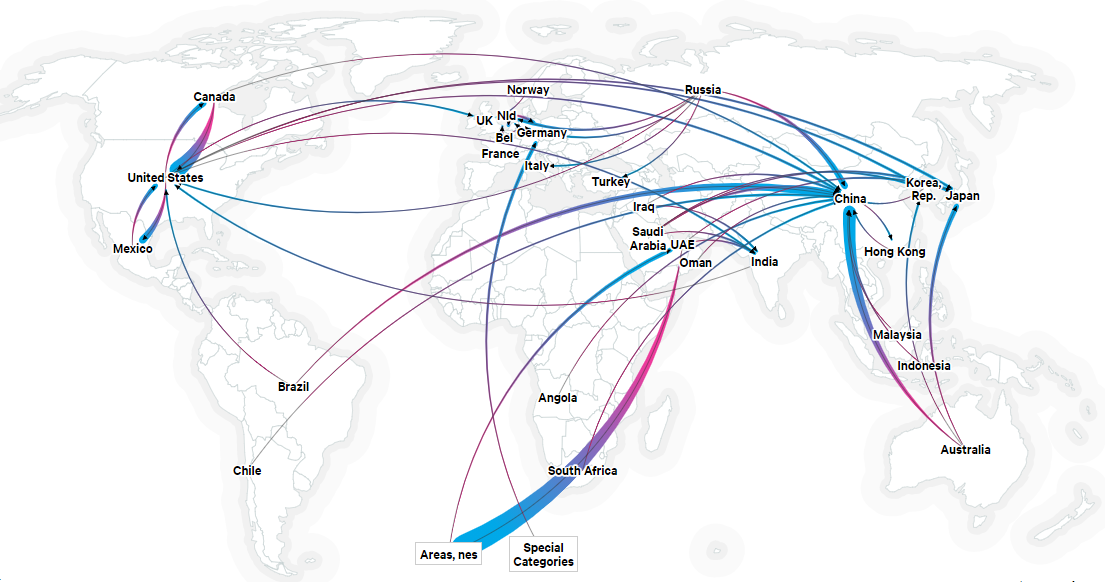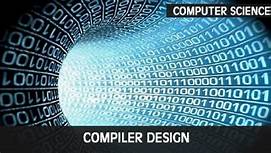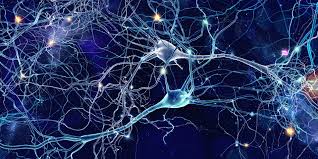Kannur University Learning Management
Skip available courses






Course Objectives This course is designed to provide knowledge, statistical and mathematical skills with respect to: matrix algebra, summary measures of central tendency and variation/dispersion; summary measures of correlations/association; probability and distributions. This course enables the students to develop the analytical and empirical skills related to various statistical tests necessary to conduct research.
Course Outcome Students will gain knowledge and skills in handling economic data, analyzing and interpreting with the help of statistical and mathematical methods.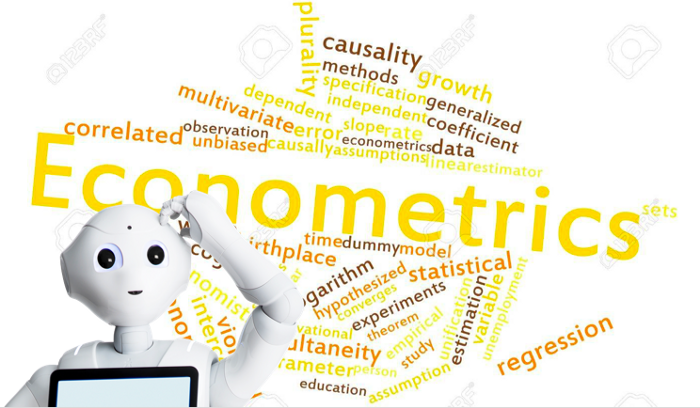






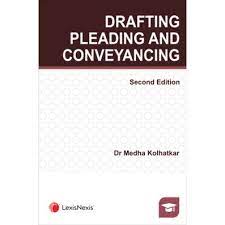




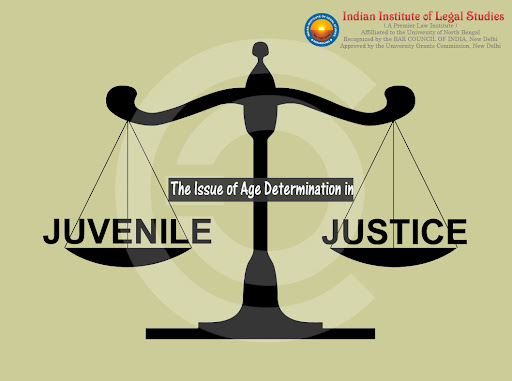
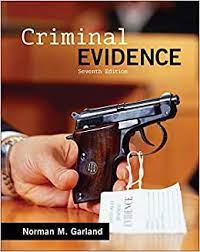




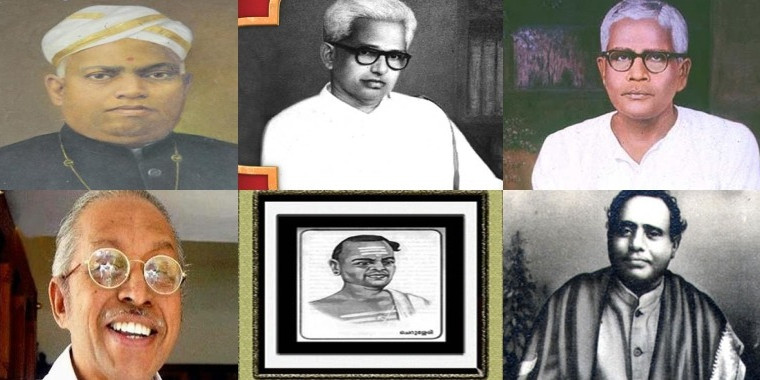



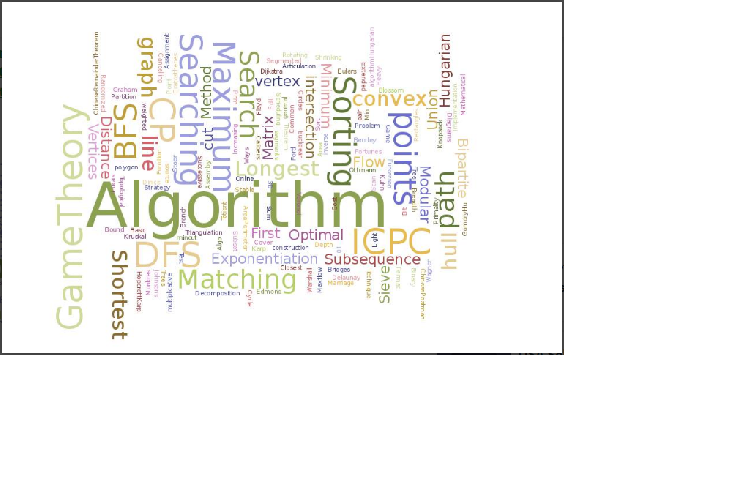


Available courses
- Teacher: DR SONY AUGUSTINE FACULTY
- Teacher: DR. RAFSEENA M FACULTY
- Teacher: DR SONY AUGUSTINE FACULTY
- Teacher: DR. RAFSEENA M FACULTY
- Teacher: DR. RAFSEENA M FACULTY
- Teacher: KUNHAMMAD KK FACULTY
- Teacher: Dr Priya Chandran FACULTY
- Teacher: DR. RAFSEENA M FACULTY
- Teacher: DR. RAFSEENA M FACULTY
- Teacher: KUNHAMMAD KK FACULTY
- Teacher: DR. RAFSEENA M FACULTY
- Teacher: SREEBITHA P V FACULTY
- Teacher: DR. RAFSEENA M FACULTY
- Teacher: KUNHAMMAD KK FACULTY
- Teacher: DR. RAFSEENA M FACULTY
- Teacher: VINCENT B. NETTO FACULTY
- Teacher: DR SONY AUGUSTINE FACULTY
- Teacher: DR. RAFSEENA M FACULTY
- Teacher: DR. RAFSEENA M FACULTY
- Teacher: VINCENT B. NETTO FACULTY
- Teacher: DR. RAFSEENA M FACULTY
- Teacher: SAJAN N FACULTY

- Teacher: DR. RAFSEENA M FACULTY
- Teacher: DR. RAFSEENA M FACULTY
- Teacher: KUNHAMMAD KK FACULTY
- Teacher: Dr Priya Chandran FACULTY
- Teacher: DR. RAFSEENA M FACULTY
- Teacher: DR. RAFSEENA M FACULTY
- Teacher: SREEBITHA P V FACULTY
- Teacher: Dr Priya Chandran FACULTY
- Teacher: DR. RAFSEENA M FACULTY
- Teacher: Dr Priya Chandran FACULTY
- Teacher: DR. RAFSEENA M FACULTY
- Teacher: DR. RAFSEENA M FACULTY
- Teacher: SAJAN N FACULTY
- Teacher: DR. RAFSEENA M FACULTY
- Teacher: KUNHAMMAD KK FACULTY
- Teacher: DR. RAFSEENA M FACULTY
- Teacher: VINCENT B. NETTO FACULTY
- Teacher: DR. RAFSEENA M FACULTY
- Teacher: DR. RAFSEENA M FACULTY
- Teacher: VINCENT B. NETTO FACULTY
- Teacher: DR. RAFSEENA M FACULTY
- Teacher: VINCENT B. NETTO FACULTY
- Teacher: DR. RAFSEENA M FACULTY
- Teacher: SREEBITHA P V FACULTY
- Teacher: DR SONY AUGUSTINE FACULTY
- Teacher: DR. RAFSEENA M FACULTY
- Teacher: Dr Priya Chandran FACULTY
- Teacher: DR. RAFSEENA M FACULTY
- Teacher: DR. RAFSEENA M FACULTY
- Teacher: KUNHAMMAD KK FACULTY
- Teacher: DR. RAFSEENA M FACULTY
- Teacher: DR. RAFSEENA M FACULTY
- Teacher: SAJAN N FACULTY
This course will give an insight into the fundamentals
- Teacher: Shabeer Thacholi Anthropology
This practical course is to provide knowledge of Human Anatomy, Skeleton,
including important landmarks on bones. This core course will help the students to learn the
techniques of Craniometry, Comparative anatomy and their importance and applications in
understanding the problems of Human Variation and evolution.
- Teacher: Aiswarya M V 20ANTHMA
- Teacher: Amaya Babu P 20ANTHMA
- Teacher: Ameena Minnu P P 20ANTHMA
- Teacher: Amegha C S 20ANTHMA
- Teacher: Anagha M V 20ANTHMA
- Teacher: Anusree B 20ANTHMA
- Teacher: Anusree K 20ANTHMA
- Teacher: Arjun A 20ANTHMA
- Teacher: Ayana Pavithran K M 20ANTHMA
- Teacher: Ganga V K 20ANTHMA
- Teacher: Hadeeb Farhan 20ANTHMA
- Teacher: Jinsha R K 20ANTHMA
- Teacher: Neethu V P 20ANTHMA
- Teacher: Nithya Chandran 20ANTHMA
- Teacher: Nithya P P 20ANTHMA
- Teacher: Noorul Hidiya 20ANTHMA
- Teacher: Sajeer T P 20ANTHMA
- Teacher: Sneha K K 20ANTHMA
- Teacher: Vishnu Prashob E 20ANTHMA
- Teacher: Dr M Sini FACULTY
- Teacher: Dr M Sini FACULTY
- Teacher: REMITHA K T FACULTY
- Teacher: Dr M Sini FACULTY
- Teacher: Dr. M.S. MAHENDRAKUMAR FACULTY

- Teacher: Dr M Sini FACULTY
- Teacher: Prof. B. BINDU FACULTY
- Teacher: DR ARUN B FACULTY
- Teacher: Dr. C. SADASIVAN FACULTY
- Teacher: Anu Augustine FACULTY
- Teacher: DR ARUN B FACULTY
- Teacher: DR ARUN B FACULTY
- Teacher: K SREEJITH FACULTY
- Teacher: DR ARUN B FACULTY
- Teacher: K SREEJITH FACULTY
- Teacher: Anup Kumar Kesavan FACULTY
- Teacher: DR ARUN B FACULTY
- Teacher: DR ARUN B FACULTY
- Teacher: E JAYADEVI VARIYAR FACULTY
- Teacher: Dr. C. SADASIVAN FACULTY
- Teacher: Anu Augustine FACULTY
- Teacher: DR ARUN B FACULTY
- Teacher: DR ARUN B FACULTY
- Teacher: K SREEJITH FACULTY
- Teacher: DR ARUN B FACULTY
- Teacher: Dr. C. SADASIVAN FACULTY
- Teacher: Anu Augustine FACULTY
- Teacher: DR ARUN B FACULTY
- Teacher: E JAYADEVI VARIYAR FACULTY
- Teacher: ANEESH CHANDRAN N A FACULTY
- Teacher: DR ARUN B FACULTY
- Teacher: DR ARUN B FACULTY
- Teacher: Sreeekala Pola FACULTY
- Teacher: DR ARUN B FACULTY
- Teacher: E JAYADEVI VARIYAR FACULTY
- Teacher: Anu Augustine FACULTY
- Teacher: DR ARUN B FACULTY
- Teacher: DR ARUN B FACULTY
- Teacher: Sreeekala Pola FACULTY
- Teacher: DR ARUN B FACULTY
- Teacher: Dr. C. SADASIVAN FACULTY
- Teacher: ANEESH CHANDRAN N A FACULTY
- Teacher: DR ARUN B FACULTY
- Teacher: Sreeekala Pola FACULTY

The objective of this course is to familiarize the students with the concepts and techniques used in Micro-Economic Theory and to develop managerial capabilities for effective decision-making in a variety of different business situations and market conditions. Managerial Economics provides the student with the basic tools to fundamentally deal with achieving a set of goals in a situation where resources are limited and choices must involve trade-offs, taking into account the external environment.
- Teacher: Dr. Nisa James

This course aims to help students appreciate the why and how of group behaviour which are important for them to adapt to the changing corporate environment.
- Teacher: Dr. KRISHNA PRIYA FACULTY

This course is expected to give basic knowledge of finance function and its application in corportae environment.
- Teacher: Dr. Nisa James
- Teacher: Dr. Anagha K FACULTY
- Teacher: MEERA S. FACULTY
- Teacher: Dr. Nisa James

Aim & Objectives
Health economics is a growing field of economics primarily dealing with issues relating to scarcity in the allocation of health and health care. In the recent past, some of the policies by the state and federal governments have involved issues that have been analyzed by the health economist.
- The course expects to furnish under studies with adequate foundation in wellbeing financial matters hypothesis to have the option to see how the social insurance advertise functions and under what conditions human services can be productively delivered and apportioned however markets, guidelines and arranged framework.
- Specifically the course furnish under studies with capacity to comprehend the ramifications of market and government disappointments with regards to human services, and see what number of foundations and administrative game plans saw in the area can be connected to various kinds of business sectors.
- To give a prologue to wellbeing financial aspects hypothesis and techniques and how they could be applied to dissect the working of wellbeing framework and the determinants of wellbeing and utilization of wellbeing administrations.
- How medical coverage impacts the interest at social insurance and its costs .
Learning Outcome
1. A better command in the major theories and frameworks for core areas of health economics in terms of main issues, methods, results and unresolved problems.
2. A sound knowledge of how economic theory and methods are applied in the health care sector; the financing and organization of health services in different system, health insurance theory and practice, the nature of competition and planning in health care; efficiency and equity considerations in health and health care.
3. Demonstrate interest in health economics and motivate students to undertake future research and build their careers.
- Teacher: DIVYA KARIKKAN FACULTY

QUANTITATIVE TECHNIQUES FOR ECONOMIC ANALYSIS
CORE COURSE
COURSE CODE – MAECO01C04
CORE COURSE
COURSE CODE – MAECO01C04
Course Objectives This course is designed to provide knowledge, statistical and mathematical skills with respect to: matrix algebra, summary measures of central tendency and variation/dispersion; summary measures of correlations/association; probability and distributions. This course enables the students to develop the analytical and empirical skills related to various statistical tests necessary to conduct research.
Course Outcome Students will gain knowledge and skills in handling economic data, analyzing and interpreting with the help of statistical and mathematical methods.
- Teacher: SHAHARBAN . V FACULTY
- Teacher: DIVYA KARIKKAN FACULTY
- Teacher: GANGADHARAN K FACULTY

- Teacher: SHAHARBAN . V FACULTY

- Teacher: DIVYA KARIKKAN FACULTY

- Teacher: NIRMAL ROY V P FACULTY
- Teacher: SHAHARBAN . V FACULTY

- Teacher: NIRMAL ROY V P FACULTY
- Teacher: SHAHARBAN . V FACULTY
The course typically covers a range of topics related to administrative law, including:
Introduction to Administrative Law: An overview of the nature, scope, and historical development of administrative law, including its relationship with constitutional law and other branches of law.
Principles of Administrative Law: The fundamental principles underlying administrative law, such as the rule of law, natural justice, fairness, reasonableness, proportionality, and the separation of powers.
Administrative Decision-Making: The legal framework governing administrative decision-making processes, including the role of administrative agencies, the exercise of discretionary powers, and the duty to provide reasons for decisions.
Judicial Review: The concept of judicial review and its significance in administrative law. This involves studying the grounds on which administrative decisions can be challenged in courts, the procedures for seeking judicial review, and the remedies available.
Administrative Tribunals: The role and functions of administrative tribunals, including their jurisdiction, powers, procedures, and the principles of natural justice applicable to tribunal hearings.
Administrative Law and Human Rights: The interaction between administrative law and human rights, including the protection of individual rights in administrative proceedings and the compatibility of administrative actions with constitutional rights.
Ombudsman and Administrative Redress: The role of ombudsman institutions in addressing grievances and complaints against administrative bodies, as well as the mechanisms for seeking administrative redress.
Administrative Law and Public Policy: The influence of administrative law on the formulation and implementation of public policies, including the role of administrative agencies in policy-making and the legal control of administrative discretion.
Administrative Law in Practice: Practical aspects of administrative law, such as drafting legal documents, preparing submissions, and conducting administrative law litigation.
- Teacher: NIKHILESH N FACULTY

Cource is designed for the preperation of UGC NET for the law students.
- Teacher: NIKHILESH N FACULTY

Course offered by: Nikhilesh N, BA (Law) LL.B, LL.M (Maritime Law and Administrative Law), Pursuing Ph.D on International Criminal Law.
Course discusses all the elementary aspects of public international law including the Subject Matter of International law, International organisations, Law of the Sea, International humanitarian law, etc.
- Teacher: NIKHILESH N FACULTY

International criminal law
It includes war crimes, crimes against humanity, genocide, and the crime of aggression. These crimes are also referred to as international criminal law stricto sensu. They are considered the gravest crimes of concern to the international community and are prohibited because they threaten international peace and security and fundamental human rights.
Transnational criminal law
Transnational crimes transcend international boundaries. Under article 3(2) of the United Nations Convention against Transnational Organised Crime 2000, an offence is transnational if it is committed in:
- More than one state,
- One state, but a substantial part of the preparation takes place in another state,
- One state, but involves an organised criminal group that engages in criminal activities in more than one state, or
- One state, but has substantial effects in another state.
Transnational crimes include organised crimes, drug trafficking, human trafficking, corruption, terrorism, terrorism financing, and piracy.
- Teacher: NIKHILESH N FACULTY

Faculty: Dr. Nikhilesh N
Assistant Professor of Law
School of Legal Studies, Kannur University
- Teacher: NIKHILESH N FACULTY

Course Faculty: Sheeja J
About Faculty: Have 9 years of Experience in LL.M Teaching.
About the course: Forensic science encompasses a broad field of scientific knowledge in pursuit of crime and the criminal. The course will give an overview of the Scientific methods of adducing evidence in present-day society.
About Faculty: Have 9 years of Experience in LL.M Teaching.
About the course: Forensic science encompasses a broad field of scientific knowledge in pursuit of crime and the criminal. The course will give an overview of the Scientific methods of adducing evidence in present-day society.
- Teacher: NIKHILESH N FACULTY
- Teacher: Sheeja J FACULTY

Aims:
• To acquaint the students with the distinctive qualities of imaginative writing, such as novels and short fiction, their complex history of development, and the reasons for the abiding popularity of these genres.
Objectives:
• The student will learn to analyze the effectiveness of complex elements of the plot, such as setting, major events, problems, conflicts, and resolutions.
• The student will be enabled to understand the novel in the context of its pre-modern history as well as its modern international form.
• The student will be offered a masterful insight into basic values of human nature that abide in the fictional form.
Literary TermsFrom Literary Terms and Criticism – John Peck and Martin Coyle) 18th-century novels,
Narrative structure, Tales, Fables, Parables Narrator, Realism, Reflexive Novel, Utopian and Science Fiction, Gothic Novel, Stream of Consciousness, Magical Realism.
- Teacher: NIKHILESH N FACULTY
- Teacher: Shruthi A K Dasan FACULTY

This paper gives an overview of the transfer of property act and other laws connected to the property.
- Teacher: PRESANNAKUMARI E S FACULTY

Faculty: Dr. Kavitha Balakrishnan
- Teacher: Dr. KAVITHA BALAKRISHNAN FACULTY
- Teacher: NIKHILESH N FACULTY

Juvenile Justice is a legal framework that defines justice for juveniles under the Indian Legal System. The system is giving special treatment and protection to juvenile delinquency. Juvenile Delinquency means a crime committed by a youth who is under the age of 18 years.
- Teacher: NIKHILESH N FACULTY
- Teacher: SHEENA SHUKKUR FACULTY

Elective course offered by the department for the LLM third semester students.
- Teacher: NIKHILESH N FACULTY

Faculty: Jeeja B
- Teacher: Jeeja J FACULTY
- Teacher: NIKHILESH N FACULTY

Faculty: Najmathu Lail P
- Teacher: Najmathu Lail P FACULTY
- Teacher: NIKHILESH N FACULTY

Faculty Name: Shifa M
- Teacher: NIKHILESH N FACULTY
- Teacher: Shifa M FACULTY

Faculty Name: Sajeesh O G
- Teacher: NIKHILESH N FACULTY
- Teacher: Sajeesh OG FACULTY

This course offers a detailed study on Malayalam Grammar and Modern Malayalam Literature.
- Teacher: Dr. Sajina K FACULTY
- Teacher: NIKHILESH N FACULTY

- Teacher: Rithin M FACULTY
- Teacher: SHIVAGANGA R FACULTY

- Teacher: SHIVAGANGA R FACULTY
- Teacher: SUJA K V FACULTY

- Teacher: DINSHA P K FACULTY
- Teacher: SHIVAGANGA R FACULTY

- Teacher: MEERA VARMA FACULTY
- Teacher: SHIVAGANGA R FACULTY
- Teacher: SREEJA CHELLAPPAN FACULTY

- Teacher: SOOREJ M. BASHEER FACULTY
- Teacher: RAMYA A.V. FACULTY
- Teacher: SUMANA K P FACULTY
- Teacher: SUMANA K P FACULTY
- Teacher: RAMYA A.V. FACULTY
- Teacher: SUMANA K P FACULTY
- Teacher: Mr. Arun K E FACULTY
- Teacher: Mr. Rajin K V FACULTY
- Teacher: Mr. Arun K E FACULTY
- Teacher: Mr. Yasir K FACULTY
- Teacher: Mr. Akhilesh B FACULTY
- Teacher: Mr. Deepak G FACULTY
- Teacher: Mrs. Pranitha C FACULTY
- Teacher: Mrs. Varsha C V FACULTY
- Teacher: Mrs. Ramyamol K A FACULTY
- Teacher: Ms. Akhila K K FACULTY
- Teacher: Dr. Purnima Joshi FACULTY
- Teacher: Mr. Sreejith K FACULTY
- Teacher: Mr. Sreejith K FACULTY
- Teacher: Mr. Yasir K FACULTY
- Teacher: Dr. P T Joseph FACULTY
- Teacher: Dr. Wilson V A FACULTY
- Teacher: ANIL RAMACHANDRAN FACULTY
- Teacher: DR. SUVARNA SANKAR P S FACULTY

This subject is for II Semester MCA
- Teacher: SHYLAJA P FACULTY
- Teacher: SANIL SHANKER KP FACULTY
- Teacher: Sunilkumar R K FACULTY
- Teacher: SANIL SHANKER KP FACULTY
- Teacher: SREEJITH R S FACULTY
- Teacher: Mohammed Ismail.B FACULTY
- Teacher: SANIL SHANKER KP FACULTY
- Teacher: SANIL SHANKER KP FACULTY
- Teacher: SHYLAJA P FACULTY
- Teacher: SANIL SHANKER KP FACULTY
- Teacher: SREEJITH R S FACULTY
- Teacher: SUMESH K FACULTY
- Teacher: NS Sreekanth FACULTY
- Teacher: SANIL SHANKER KP FACULTY
- Teacher: Mohammed Ismail.B FACULTY
- Teacher: SANIL SHANKER KP FACULTY
- Teacher: SANIL SHANKER KP FACULTY
- Teacher: SUMESH K FACULTY
- Teacher: SANIL SHANKER KP FACULTY
- Teacher: SUMESH K FACULTY
- Teacher: SANIL SHANKER KP FACULTY
- Teacher: SHYLAJA P FACULTY
- Teacher: NS Sreekanth FACULTY
- Teacher: SANIL SHANKER KP FACULTY
- Teacher: NS Sreekanth FACULTY
- Teacher: SANIL SHANKER KP FACULTY




